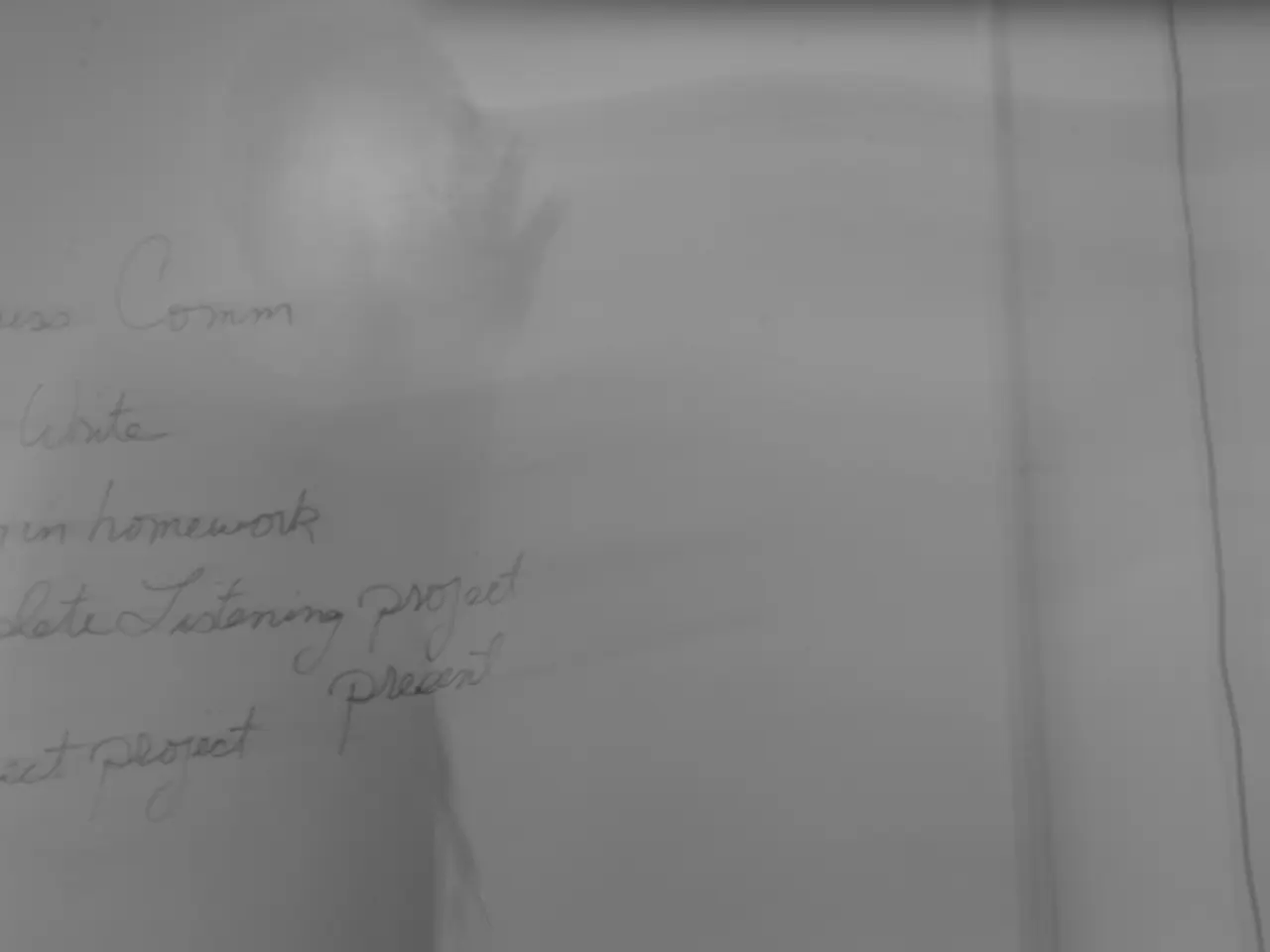European countries should retaliate with import taxes
In a series of recent statements, KfW Chief Economist Dirk Schumacher has emphasized the need for a cautious and balanced approach towards China’s industrial policy and the proposed protective measures for EU sectors with high value-added.
Schumacher, who has been vocal about the challenges Europe faces in competing with China, believes that Europe is underestimating the complexity of the situation. He highlights the need to make it easier for people to balance family and work life, and suggests that Europe should counter China’s industrial policy with targeted tariffs or other protective measures.
However, Schumacher does not advocate for tariffs on everything, stating that they would harm the US economy. Instead, he suggests that the EU should focus on tariffs for sectors with high value-added, such as the automotive industry. In Germany, Schumacher identifies machinery, specialty chemicals, optics, and pharmaceuticals as sectors with high value-added and a genuine comparative advantage over China.
Schumacher’s stance appears to favor targeted and measured EU responses rather than broad or protectionist industrial policies. He emphasizes understanding the impacts of trade conflicts and protective measures on inflation and economic resilience rather than advocating aggressive protectionism or confrontation.
Schumacher also argues for more flexible labor markets, more venture capital for innovative companies to increase productivity, and a fine-tuning of policies such as the skilled labor immigration strategy. He praises the initial steps taken by the German government, combining greater fiscal room for maneuver with structural reforms.
Schumacher warns that the wind energy sector could be the next to collapse if Europe does not change its China policy. He calls for more sovereignty in the military and digital services sectors due to dependence on US developments.
In summary, based on available information, Dirk Schumacher’s stance can be characterized as supporting a balanced, economically prudent approach to China’s industrial policy and EU protective measures, emphasizing reducing uncertainty and carefully weighing the inflationary and economic impacts. He advocates for careful use of limited market access through joint ventures and more venture capital for innovative companies to increase productivity.
- Dirk Schumacher, while advocating for the EU to counter China's industrial policy, suggests a cautious approach involving targeted tariffs or protective measures on high-value-added sectors, such as automotive, machinery, specialty chemicals, optics, and pharmaceuticals in Germany.
- In addition to trade policies, Schumacher emphasizes the importance of flexible labor markets, increased venture capital for innovative companies, and a refinement of strategies like the skilled labor immigration policy to boost European economic resilience and productivity.
- Amid increasing reliance on US developments in military and digital services sectors, Schumacher calls for more sovereignty within these key sectors as a response to war-and-conflicts and policy-and-legislation concerns driven by Europe's China policy.




